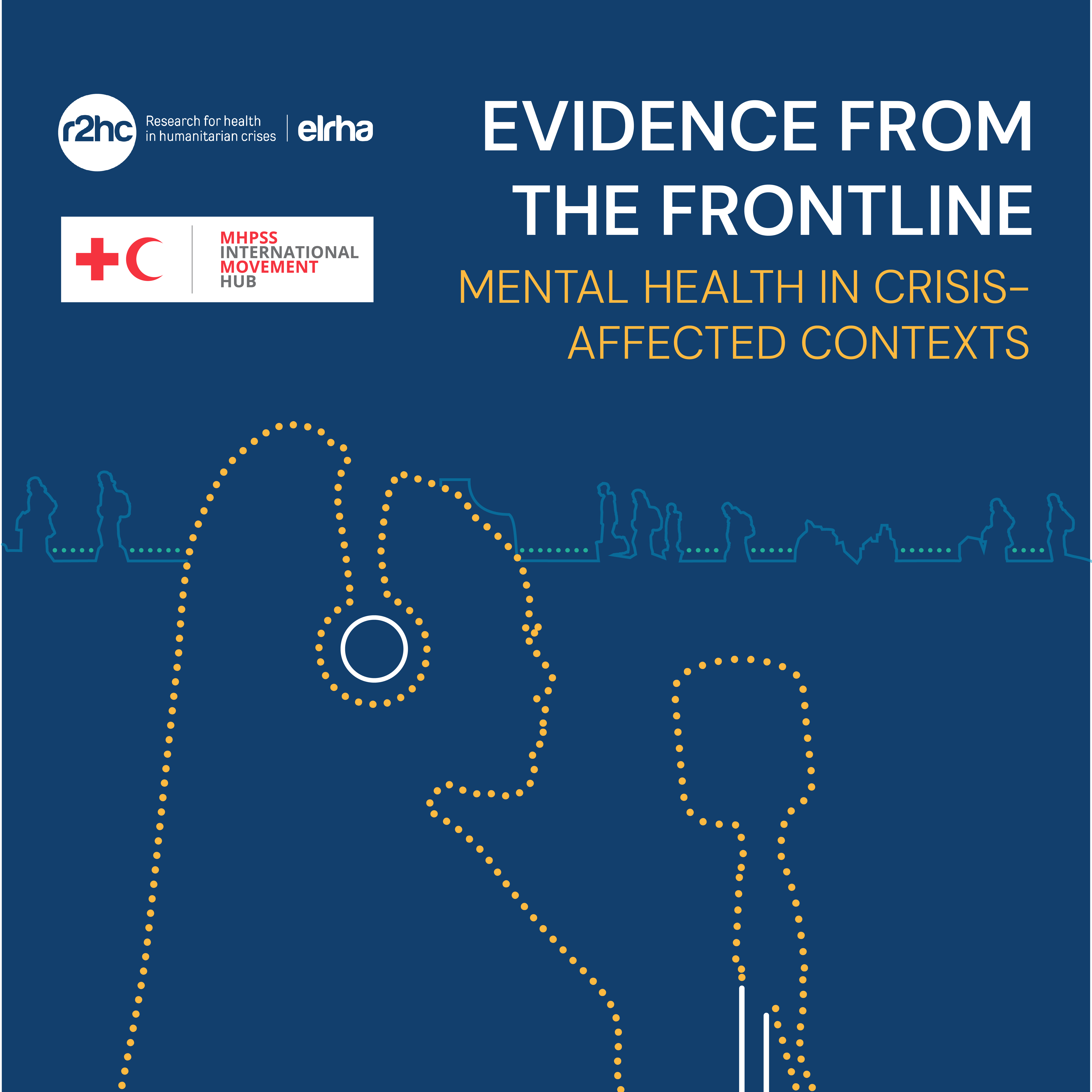Evidence from the frontline: Mental health in crisis affected contexts, episode 2: Child friendly spaces

Listen to the podcast here or subscribe to Evidence from the frontline: Mental health in crisis affected context on Apple Podcast, Spotify, or wherever you find your podcasts.
In this second episode of Evidence from the frontline: Mental health in crisis affected contexts, we’ll be talking about whether Child Friendly Spaces (CFS) really improve children’s mental health.
CFS are safe, structured places set up rapidly in emergencies where children can play, learn and receive psychosocial support, promoting protection and wellbeing. To explore CFS, we speak with Professor Alastair Ager (Queen Margaret University; Columbia University) and Phiona Koyiet (MHPSS Lead, World Vision International). Host Sarah Harrison, Acting Director of the Red Cross Red Crescent Movement MHPSS Hub, guides a practitioner-focused conversation.
Sarah, Alastair and Phiona examine the evidence on CFS effectiveness and impact on children’s wellbeing, protection and mental health, drawing on rigorous research. They unpack what this means in practice: setting and monitoring quality indicators; ensuring skilled facilitators (“animators”); and integrating CFS within a tiered system of care with clear referral pathways—recognising CFS are not “silver bullets”. They also reflect on field adaptations, cultural relevance, costs and staffing, and how evidence has shaped World Vision’s programming guidance.
Related resources
Key resources for practitioners
- Tools and Guidance for Monitoring and Evaluating Child-Friendly Spaces
- Toolkit for Child-Friendly Spaces in Humanitarian Settings
Research and further reading
- Evaluating the longer-term mental health, developmental and systems impact of Child-Friendly Spaces in humanitarian emergencies
- A randomised controlled trial of enhanced Child-Friendly Space interventions for children affected by conflict and displacement
CFS have been widelyimplemented by agencies and communities in rapid-onset emergencies. For acknowledgements and further reading, please refer to the resources above.
Evidence from the frontline: Mental health in crisis affected contexts is a six-episode podcast mini-series produced in a collaboration between the MHPSS Hub and Elrha.
Designed for MHPSS practitioners working in humanitarian and crisis contexts, the series highlights impactful interventions and offers practical insights from experts in the field. It will explore critical topics including effectiveness, implementation, adaptation, integration into existing programmes, human resources, costs, and the importance of cultural and contextual relevance.